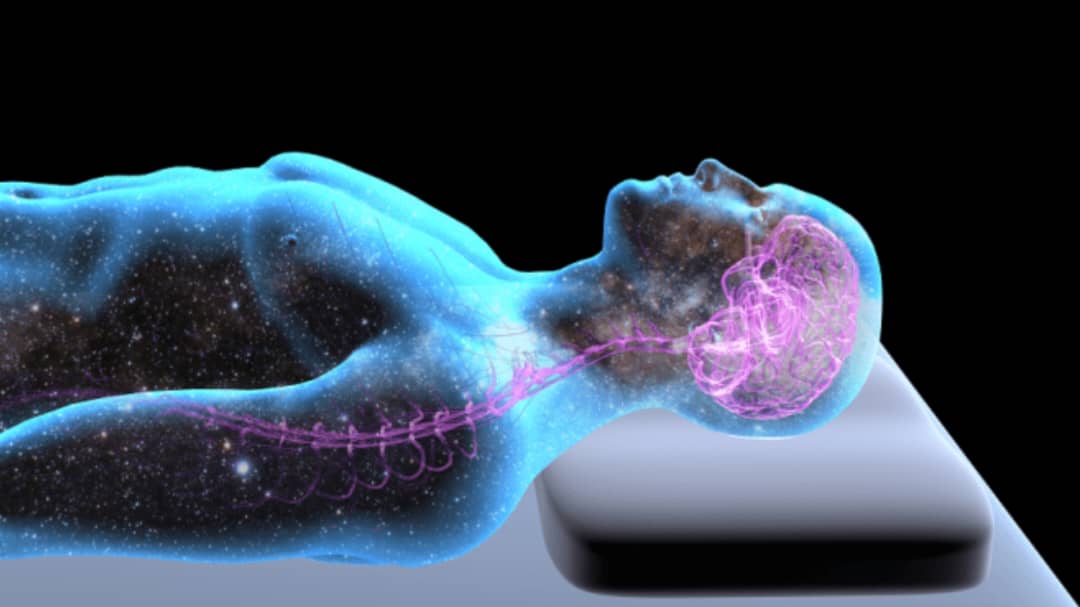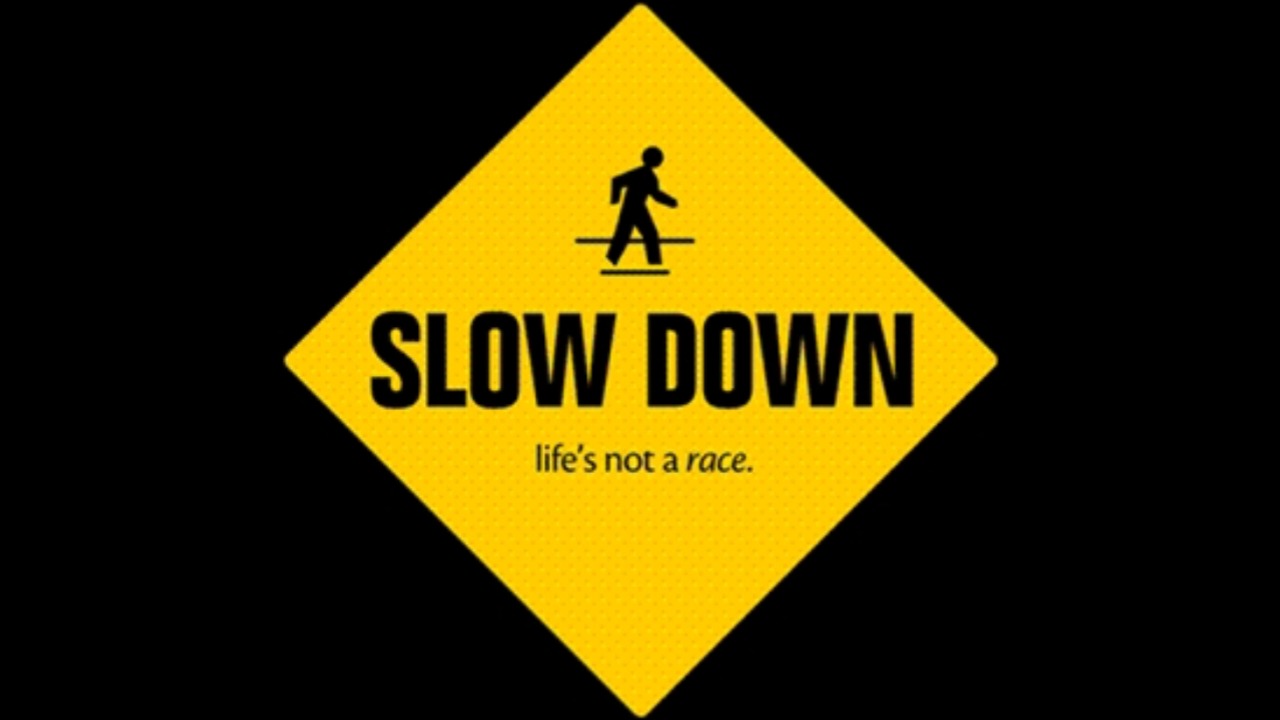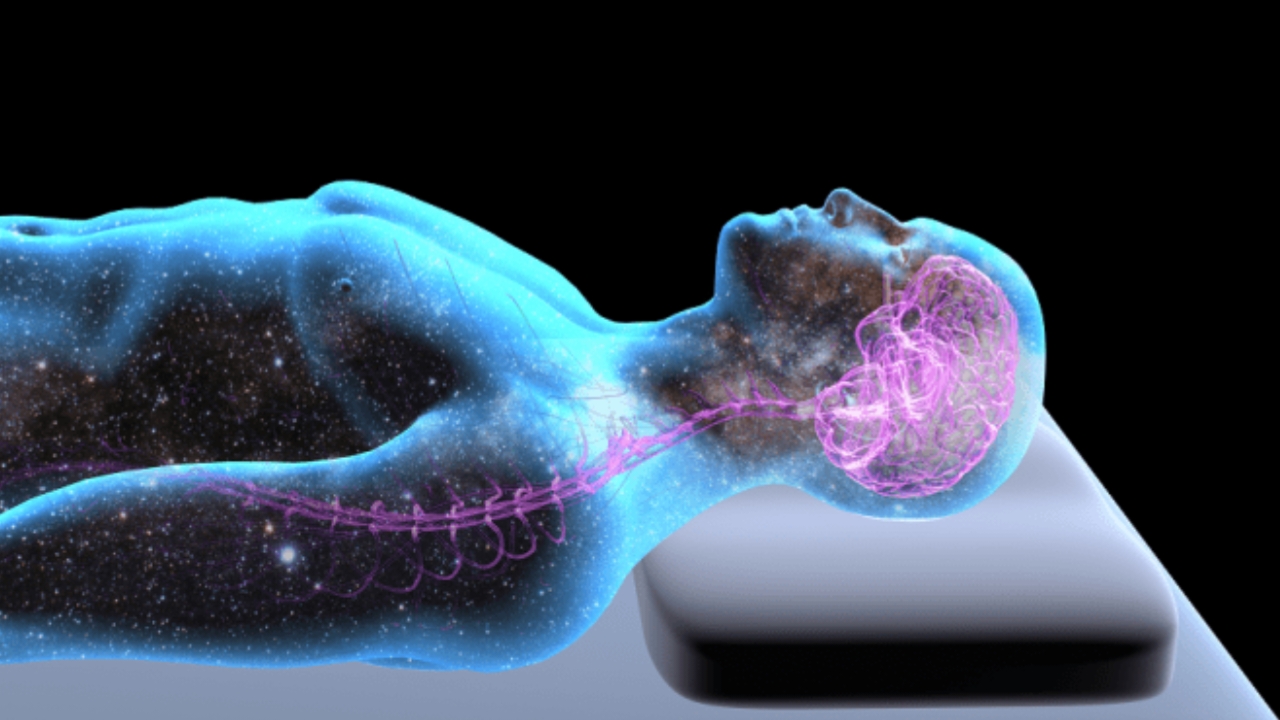The Myth of the Strong African Mother
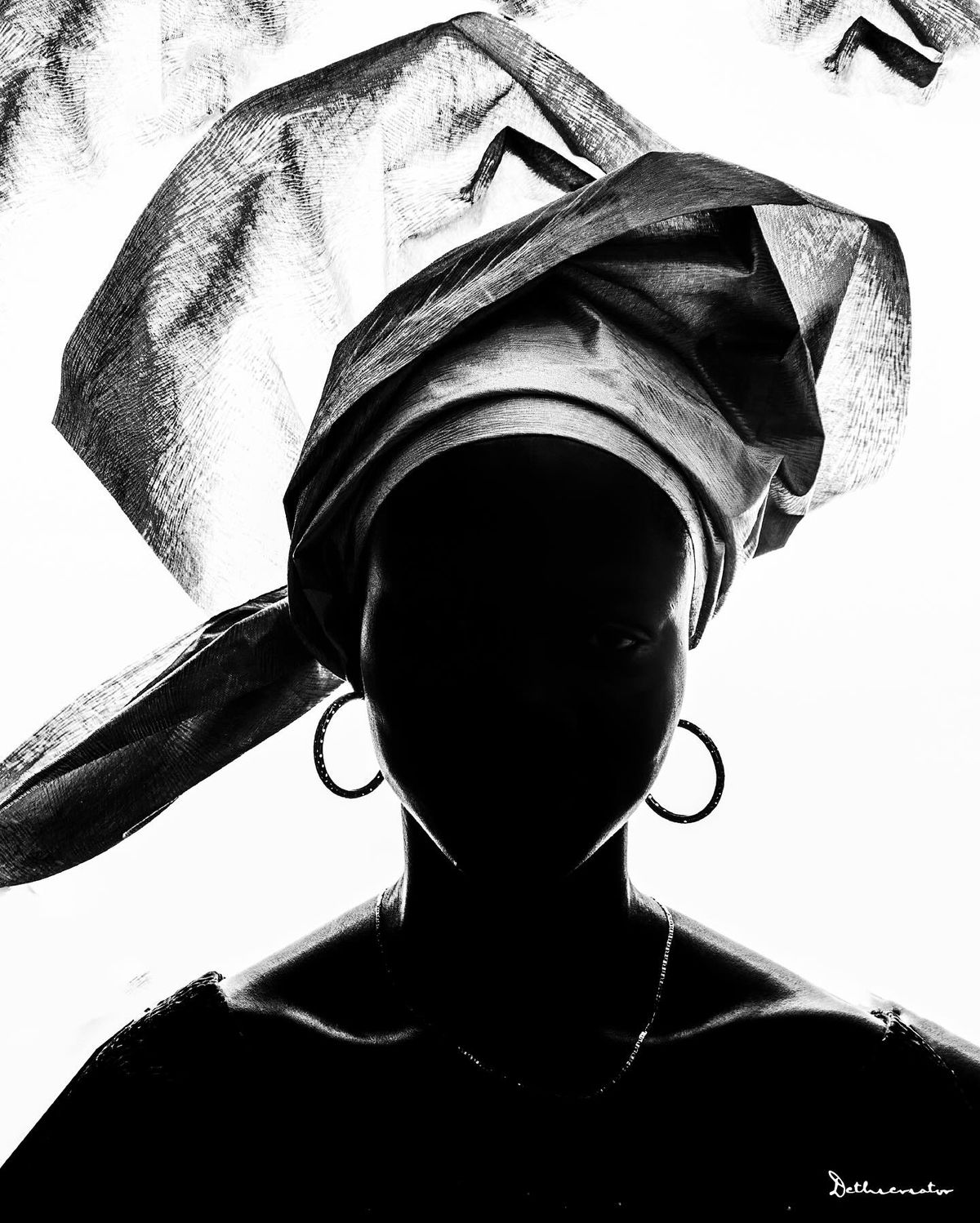
Introduction
From childhood, African women are taught that strength is their birthright. To endure pain without complaint, to work without rest, to nurture without boundaries. Society reveres the “strong African woman,” but rarely asks what that strength costs.
She wakes before dawn, prepares meals, gets the children ready, works a full day, and still finds a smile to give when she’s too tired to stand. If she ever says she’s tired, she’s reminded that “our mothers did it without help.” But times have changed. The world is faster, noisier, and lonelier. Yet, the expectations haven’t shifted in cultures.
The result is a generation of mothers stretched thin, juggling jobs, caring for children, supporting partners, and still battling the unspoken fear that they’re not doing enough. For many they battle with the grief of unfulfilled dreams because they had to sacrifice it for their family.
The Invisible Labor No One Talks About
Motherhood is often measured in visible work, feeding, cleaning, providing. But the most exhausting part is invisible: the emotional labor.
African mothers are expected to hold everyone together, emotionally and physically. They’re the peacemakers during family disputes, the motivators when the household is weary, and the quiet providers when finances fall apart. Even in professional spaces, working mothers carry the guilt of being absent at home, while stay-at-home mothers wrestle with the fear of not contributing enough.
This emotional labor, the constant mental load of remembering, worrying, and planning doesn’t end when the lights go out. It lingers, it drains, and it rarely gets acknowledged.
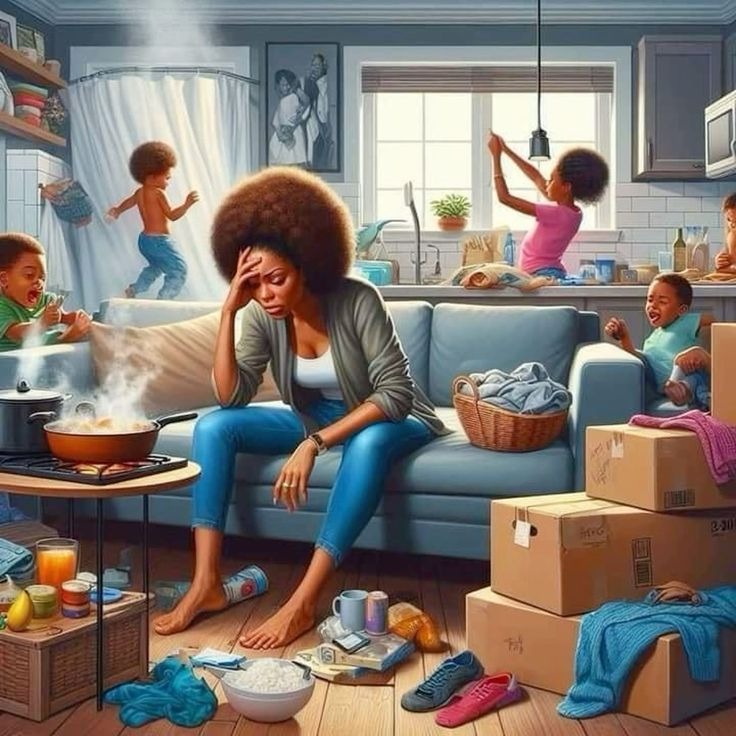
According to a study on ResearchGate, it revealed that 83.6% of working mothers across major African cities experience work-related stress linked to domestic and caregiving pressure. Yet, most of them never seek help because exhaustion has been normalized as love.
Today African motherhood stands at a crossroads between tradition and modernity.
Tradition expects her to be the homemaker, nurturing, ever-present, endlessly patient. Modernity demands that she also be a career woman, ambitious, independent, financially stable. Between both worlds, she is torn, trying to balance roles that society never designed to coexist.
The digital age adds another layer of pressure. Social media has turned parenting into a performance. Instagram moms with matching outfits and perfect homes flood timelines, while real mothers compare themselves to filtered realities. The pressure to be the “perfect mom” now comes with hashtags creating silent competitions that fuel guilt and burnout. It’s not just a mental battle; it’s emotional warfare dressed in aesthetics.
The Silence Around Maternal Mental Health
In many African cultures, talking about mental health, especially as a mother, still carries stigma. To say “I’m struggling” sounds like failure. So, many women swallow their pain in silence.
Postpartum depression, anxiety, and burnout often go unnoticed or untreated. Some are dismissed as “spiritual weakness” or “laziness.” Others are advised to pray harder, rather than seek therapy. This silence is costly. It isolates mothers and deepens emotional wounds.
According to a 2022 report by the Pan African Medical Journal, only 20.8% of African women suffering from postpartum depression receive any form of clinical or psychological support. The rest continue their daily routines, smiling through tears, laughing through exhaustion, showing up for everyone except themselves.
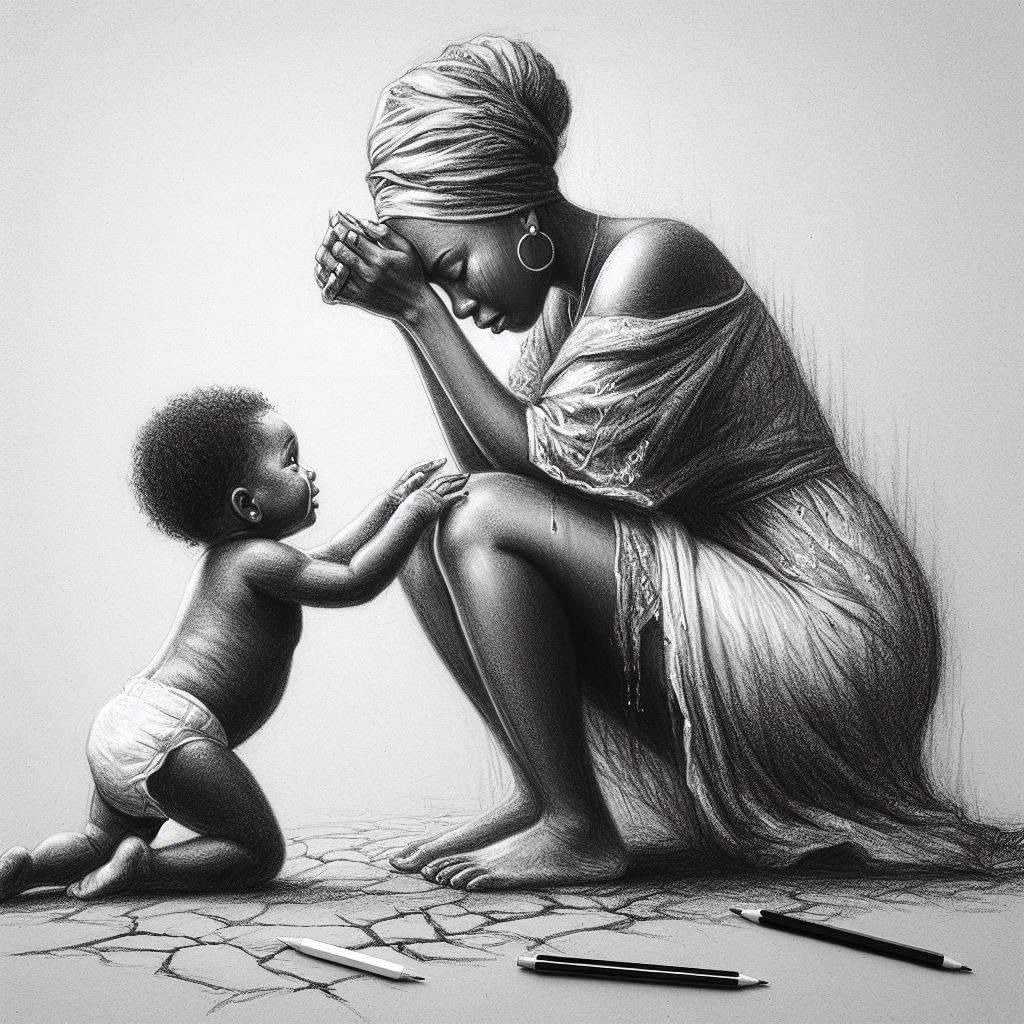
For single mothers, the struggle multiplies. Across Africa, single mothers often face social judgment and economic hardship while carrying full parental responsibility. Many are excluded from social circles or religious spaces, and some are labeled “careless” or “wayward.”
Yet, they are the unsung heroes keeping entire households afloat, often without acknowledgment or rest. They work longer hours, stretch smaller incomes, and absorb the emotional impact of absent partners while still nurturing children who look to them for strength.
The burnout here isn’t just physical; it’s societal. It’s the weight of stigma wrapped in expectation.
Breaking the Cycle of Silent Suffering
But perhaps the greatest tragedy is that burnout has become invisible. African mothers have mastered the art of hiding exhaustion. They wear resilience like a uniform, even when it’s tearing at the seams.
Yet, there’s a quiet revolution happening. More women are starting to speak up, in support groups, in online communities. They are rejecting the myth that motherhood must mean martyrdom. They are redefining strength, not as endurance, but as honesty.
Being a mother doesn’t mean being superhuman. It means being human, with limits, emotions, and the right to rest.
Governments and communities also have a role to play. There’s a need for real maternity policies that go beyond slogans, workplace flexibility, affordable childcare, and public health programs that address maternal mental health directly. The idea that “mothers don’t break” must be replaced with “mothers need care too.”
If motherhood is the heart of society, then caring for mothers is caring for humanity itself.
When a mother burns out, it doesn’t just affect her, it ripples through families, workplaces, and communities. A tired mother still loves deeply, but she also needs to be loved back. Support isn’t charity; it’s acknowledgment.
Communities can start small: checking in, offering help without judgment, creating safe spaces for mothers to speak freely. Even small acts, a friend babysitting for a few hours, a spouse sharing housework, can ease invisible burdens.
Because the truth is simple: no one can pour from an empty cup.
Conclusion — Redefining Strength
African mothers have carried the continent, in spirit, in sacrifice, in silence. But strength must evolve. It should not be measured by how much pain one can endure, but by how much peace one can preserve.
Parenting burnout is real, but it doesn’t have to be destiny. The new generation of mothers and fathers can build a culture where care is mutual, rest is respected, and emotional well-being is valued as much as physical survival.
Because a mother who is cared for raises children who know what love looks like and that, more than anything, is what the next generation deserves.
You may also like...
Cinema Sensitivity and the Nigerian Reality: Why The Herd Divides Viewers

A commentary on the controversy surrounding the Nigerian film “The Herd,” examining calls for its ban over alleged ethni...
The Ancient African Calendar That Existed Before the Gregorian Calendar
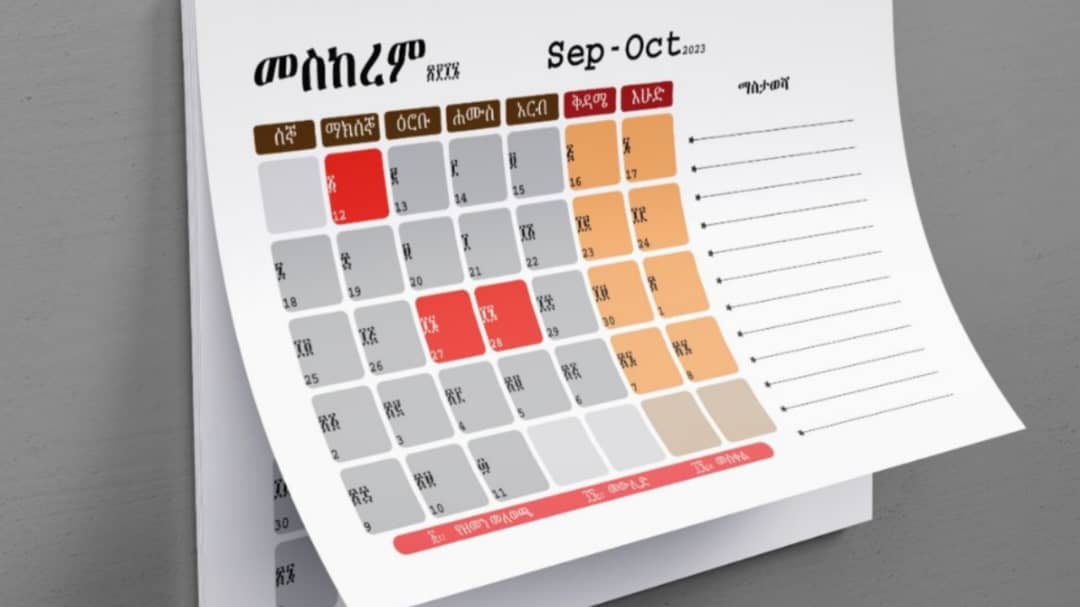
Have you heard about the Ethiopian calendar? its astonishing accuracy and scientific brilliance, it is an ancient Afric...
Do Africans Abroad Owe the Continent Anything?
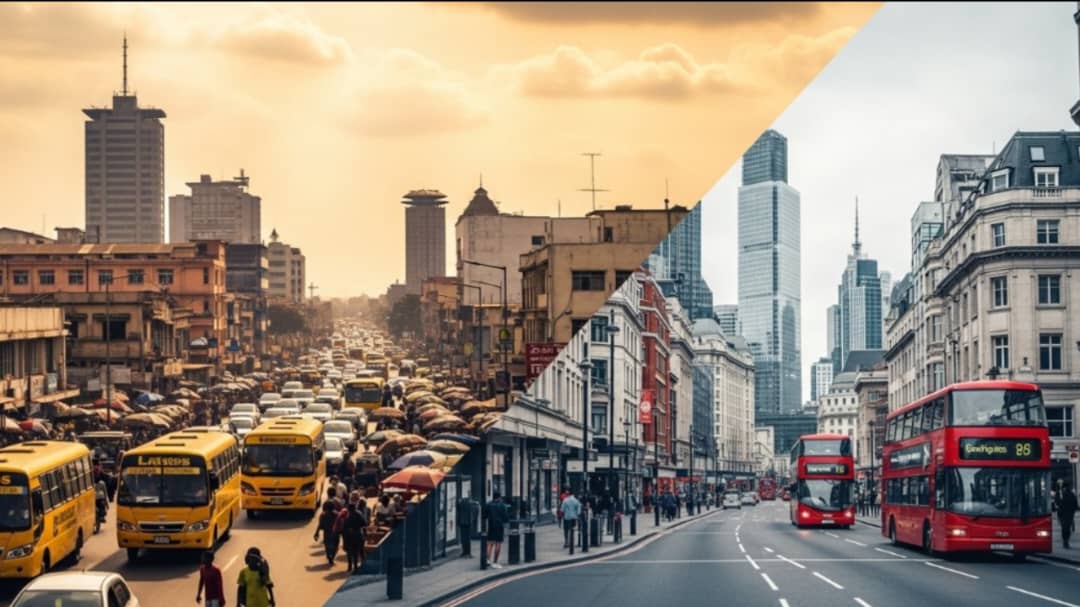
Do Africans abroad owe the continent and those back home anything? A bold and reflective social commentary exploring whe...
African Giants Secure World Para Championships Berth!
)
Nigeria and Egypt emerged as the dominant forces at the 2025 ITTF-Africa Para Championships in Giza, securing multiple g...
NBA Showdown Explodes: Suggs Ejected, Five Technicals in Fiery Magic-Sixers Clash!

Orlando Magic's Jalen Suggs was ejected from a game against the Philadelphia 76ers after a heated altercation involving ...
HBO Max Unlocks ‘Chespirito’ Universe with New Series, Teases ‘Like Water for Chocolate’ Season 2

HBO Max Latin America unveils a robust 2026 content slate, building on past successes with new series inspired by Chespi...
Apple TV Blasted! Major Thriller Series Pulled Days Before Premiere Over Plagiarism Scandal

Apple TV+ has abruptly removed its upcoming French thriller, <em>The Hunt</em> (Traqués), from its December lineup due t...
Summer Walker Dominates: R&B Queen Achieves Historic No. 1 Album Trilogy

Summer Walker's new album, "Finally Over It," has debuted at No. 1 on Billboard’s Top R&B/Hip-Hop Albums chart, achievin...

